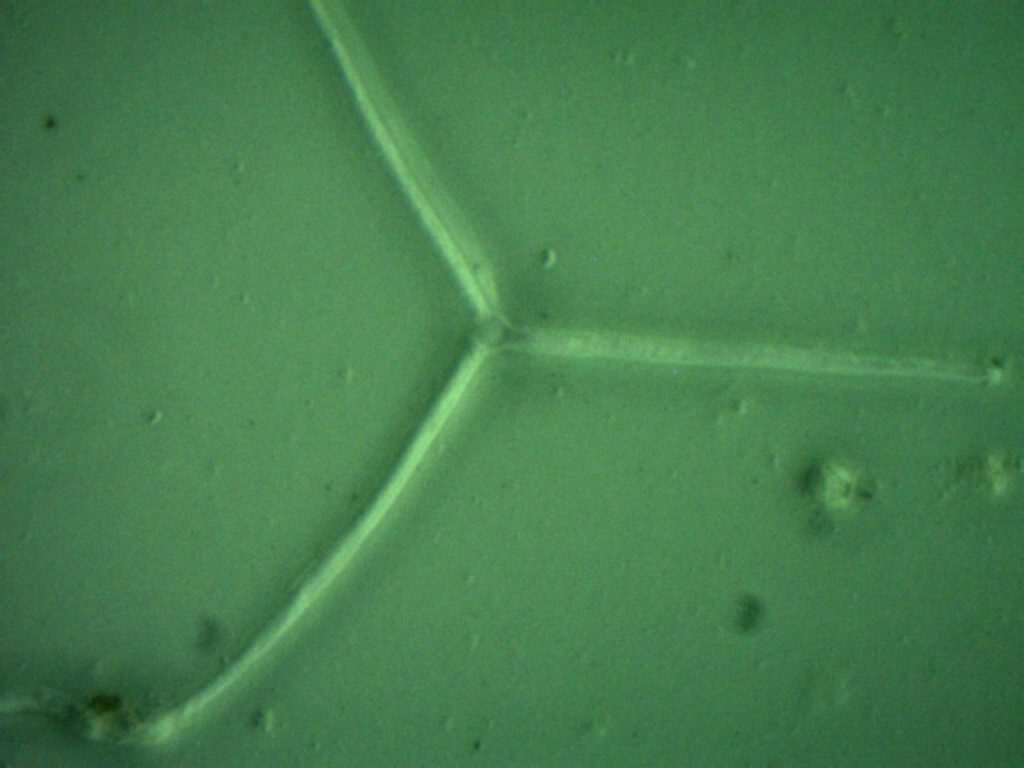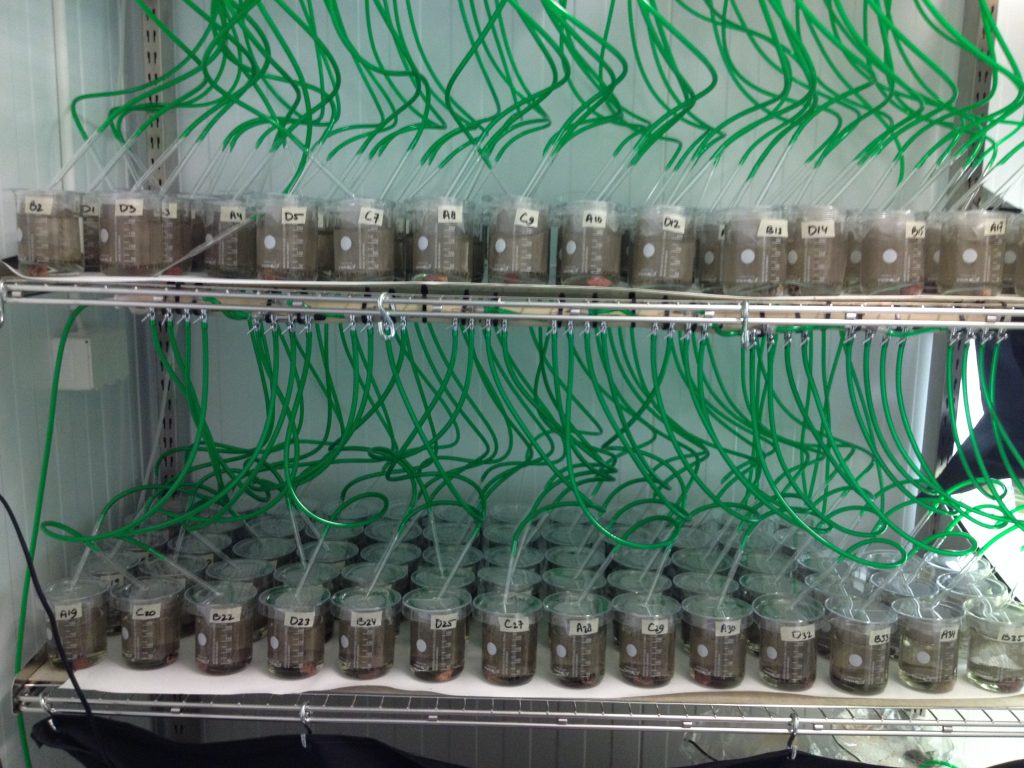Interested in the relationship between biodiversity and ecosystem functions under stress and looking for an internship, research project, BSc or MSc thesis? Join us!
Leaf material is a crucial source of energy and carbon in aquatic ecosystems with forested catchments. The energy and carbon stored in these leaves are made available for the heterotrophic food web mainly by the activity of a specific group of fungi, namely aquatic hyphomycetes. Activity of these fungi results in the degradation of the leaf material and increases the nutritious quality (proteins and lipids) of the leaves, which ultimately stimulates the consumption of leaf-shredding invertebrates. However, in agriculture landscapes, leaf-associated microbial communities are under severe pressure inter alia due to fungicides and nutrients entering aquatic ecosystems.

In the project BIOdiversity TO FUNction (BIO2FUN), we aim at assessing the stress tolerance of leaf-associated microbial communities from either pristine environments or aquatic systems receiving wastewater treatment plant effluents or vineyard runoff. The last two communities are considered adapted (PICT concept) to a mixture of organic micropollutants and nutrients (stressor-unspecific tolerance) or fungicides (stressor-specific tolerance). In a first step, using field-derived communities, we will perform lab experiments to assess leaf decomposition by these communities under exposure to increasing levels of nutrients and fungicides. Several response variables will be evaluated, such as microbial leaf mass loss, fungal biomass, community composition, and enzymatic inventory as well as bacterial abundance and biomass. This is an opportunity to learn and practice several biochemical (e.g., enzyme activities) as well as molecular genetic methods (e.g., qPCR assays).

For this phase of the project we can offer several student projects/theses, for which the only mandatory requirement is that you are highly motivated!
If you are interested, please contact Sara Goncalves (goncalves@uni-landau.de), Jochen Zubrod (zubrod@uni-landau.de) or Mirco Bundschuh (bundschuh@uni-landau.de) directly. We plan to start the experiments in April 2019.
